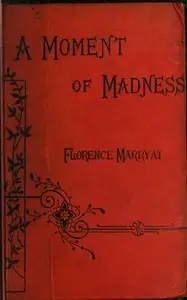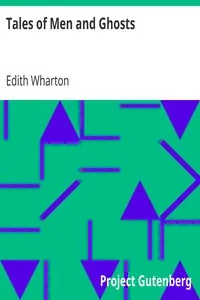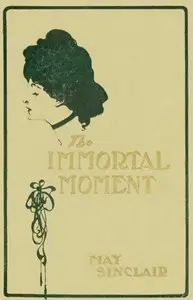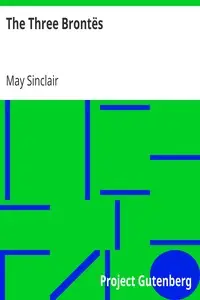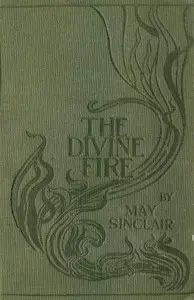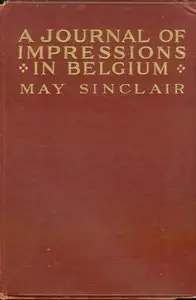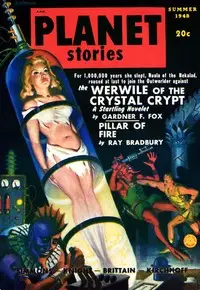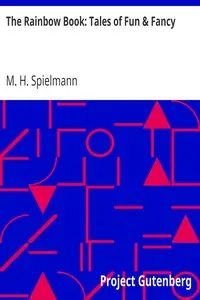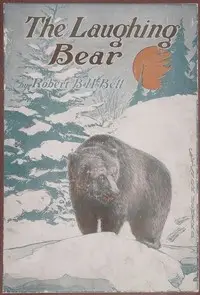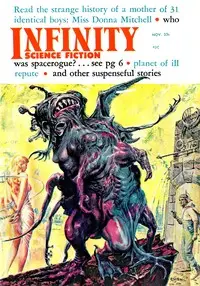** "Uncanny Stories" by May Sinclair is a compilation of short stories from the early 1900s that explores the complex relationships between love, recollection, and the paranormal. The stories center on characters wrestling with their histories and broken romances, and the opening story follows Harriott Leigh as she navigates her interactions with several men and her haunting history with lost love, George Waring. Before George leaves for a naval mission, Harriott and George say goodbye, revealing their intense connection and youthful optimism, which is overshadowed by parental rejection. Harriott promises to wait for him, but his ship sinks, plunging her into grief. As Harriott moves on, she deals with the conflict between past loves and current relationships in the shadow of George’s memory; this sets the stage for a story that weaves together memory and the lingering impact of unresolved emotions, inviting readers into a world where the past haunts the present. **
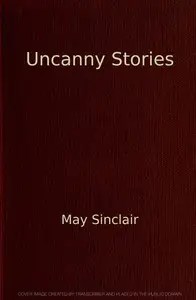
Uncanny Stories
By May Sinclair
** In a world where lost love lingers like a ghost, characters confront the haunting echoes of their past and the supernatural forces that refuse to stay buried.
Summary
About the AuthorMay Sinclair was the pseudonym of Mary Amelia St. Clair, a popular British writer who wrote about two dozen novels, short stories and poetry. She was an active suffragist, and member of the Woman Writers' Suffrage League. She once dressed up as a demure, rebel Jane Austen for a suffrage fundraising event. Sinclair was also a significant critic in the area of modernist poetry and prose, and she is attributed with first using the term 'stream of consciousness' in a literary context, when reviewing the first volumes of Dorothy Richardson's novel sequence Pilgrimage (1915–1967), in The Egoist, April 1918.
May Sinclair was the pseudonym of Mary Amelia St. Clair, a popular British writer who wrote about two dozen novels, short stories and poetry. She was an active suffragist, and member of the Woman Writers' Suffrage League. She once dressed up as a demure, rebel Jane Austen for a suffrage fundraising event. Sinclair was also a significant critic in the area of modernist poetry and prose, and she is attributed with first using the term 'stream of consciousness' in a literary context, when reviewing the first volumes of Dorothy Richardson's novel sequence Pilgrimage (1915–1967), in The Egoist, April 1918.


